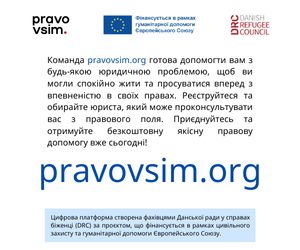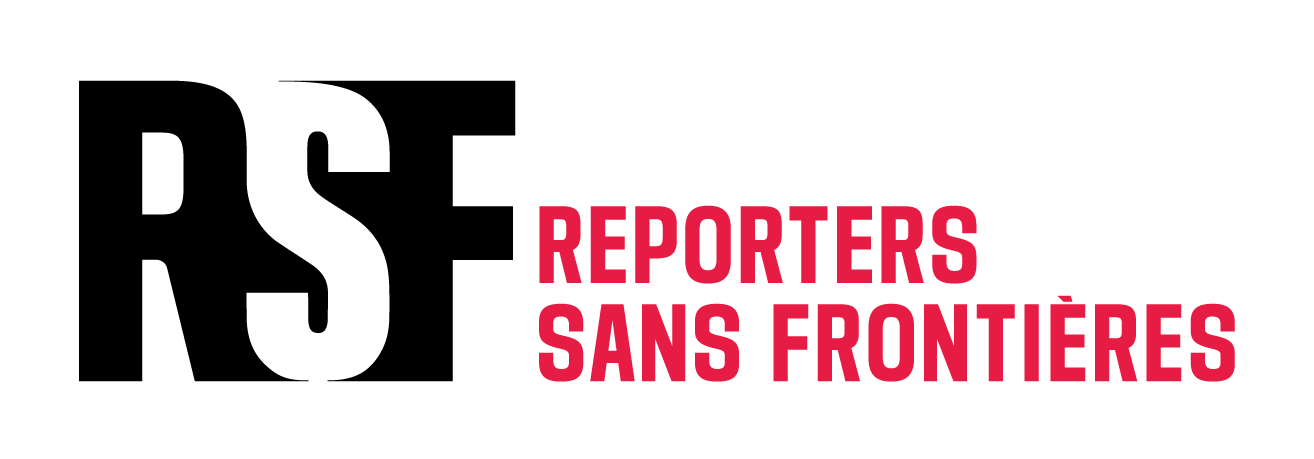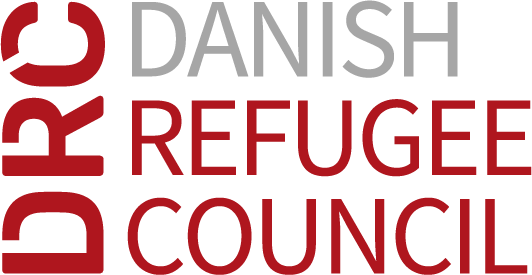Moving to a new country is a big decision that comes with a mix of excitement, opportunity, and uncertainty. Whether you’re relocating for work, family, education, or lifestyle reasons, applying for residency is a critical step in establishing your legal right to live and remain in your new home. While the process can vary significantly between countries, there are several common stages you can expect, from preparing documents to meeting legal requirements and waiting for approval.
Understanding what lies ahead—and having the proper support—can make the journey much smoother and more successful.
Legal guidance at every stage of your move
It’s easy to underestimate the complexity of immigration procedures, which is why many applicants choose to work with personal immigration lawyers who understand the specific regulations and timelines involved. These professionals can clarify eligibility requirements, help prepare and review paperwork, and provide tailored advice for your situation.
Whether you’re applying through family sponsorship, employment, or investment, the guidance of a legal expert can significantly reduce errors, delays, or rejections. Immigration laws are constantly evolving, and small mistakes—such as submitting the wrong document format or missing a deadline—can create major setbacks. With a qualified lawyer on your side, you're better equipped to handle unexpected issues and ensure your application meets all local standards.
Required documents and submission procedures
Once you’ve chosen your visa or residency path, the next step is assembling your documentation. While specific requirements vary by country, you’ll typically need:
- A valid passport
- A clean police record or background check
- Proof of stable income or financial self-sufficiency
- Medical records or a recent health exam
- Evidence of accommodation or address
- Employment contract or school enrollment, if applicable
Some countries may also request certified translations or require documents to be apostilled. It's essential to keep everything organized and up to date. Incomplete or inconsistent information can delay your application or result in denial.
Timelines and processing expectations
Residency applications don’t move overnight. Depending on your destination, the volume of applications, and the visa category, it might take several weeks or even many months before a decision is made. During this time, applicants might be asked to attend an interview, submit biometric data, or provide additional documents.
Having realistic expectations helps manage stress during the waiting period. If your case becomes more complicated—for example, due to past travel history or changes in personal circumstances—your legal representative can communicate directly with authorities on your behalf and guide you through follow-up actions.
Life as a legal resident
Once approved, you’ll gain legal status in your new country, typically with rights such as the ability to live, work, or study. However, residency often comes with responsibilities. You may need to:
- Register with local authorities or tax agencies
- Enroll in a national healthcare system
- Follow specific employment or language rules
- Maintain physical presence for a certain number of days per year
Ignoring these requirements could put your residency at risk, so it’s essential to understand and fulfill your obligations. Many people also use this time to integrate into society, build community ties, and consider long-term settlement or citizenship options.
Renewing or upgrading your residency
Residency permits often have expiration dates, meaning you’ll need to renew them periodically or apply for permanent residency if eligible. This usually involves demonstrating continued compliance with immigration laws, maintaining income or employment, and possibly passing integration tests.
Staying proactive with renewals and keeping documentation updated ensures that your residency remains valid and uninterrupted. If you're unsure about the next steps or upcoming deadlines, consulting with personal immigration lawyers again can help you avoid disruptions and plan for permanent status or citizenship.
Final thoughts
Applying for residency in a new country is more than just filling out forms—it's about securing your future, protecting your rights, and starting a new chapter of life with confidence. The process may feel complicated at times, but with careful preparation and trusted support, it becomes far more manageable.
Having a clear understanding of what to expect—and working with professionals who can guide you through it—makes all the difference when navigating this critical life transition.












